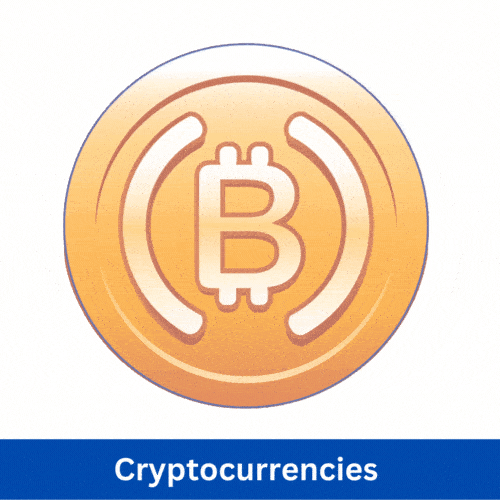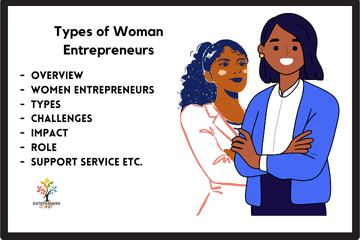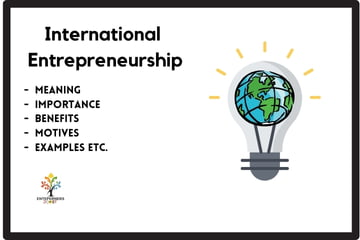Table of Contents
Introduction
The metaverse refers to the new generation of Internet experiences where users can physically engage with the environment around them. Web3 offers another set of web rules, which imply decentralization of the internet, user ownership of websites, and tokenization. Combined, these ideas could reshape how we communicate and design in a digital environment.
What is the Metaverse and Web3?
What is the Metaverse

The metaverse is being designed as a new-age Internet platform. . This immersive environment is often supported by Virtual Reality (VR) and Augmented Reality (AR) characteristics, which makes it more difficult to distinguish the real world from a virtual one.
Web3: The Building Blocks of a Decentralized Metaverse

Web3 has a new framework of rules for the internet and focuses on decentralization, users, and tokens.
- Decentralization refers to the setup that has no central authority controlling the data or infrastructure.
- User ownership means that the users have authority over their avatars and the objects representing them, and may even gain revenue from them.
- Tokenization is the process of generating tokens that act as the representation of these assets.
Why Web3 Matters for the Metaverse
Web3 and the metaverse have direct links. Web3 technologies might help create a decentralized environment for the metaverse where people can own what they produce and do. This could make the virtual space more open and fairer than if only one company dominated everything.
Some examples of businesses thriving in the new world of Web3 and the Metaverse:
- Companies such as Gucci are opening their stores in virtual reality platforms like Decentraland and developing virtual clothing lines so that consumers can interact with their brand in a newly emerging manner.
- Web 3 is now being adopted by Gaming Companies like Fortnite that are increasingly integrating things like player-created property and virtual concerts in games blurring the boundary between gaming and social interaction.
- Financial institutions like Binance are continuing to deliver a variety of Web 3.0 services that include NFT and DeFi.
- Elites like Chainlink Labs are delivering services that are at the foundation of Web3 and include Oracle technology that enables the interaction of blockchain with other networks and data sources.
- Large companies such as Tata Consultancy Services are even testing the use of the Metaverse for training presentations and considering the application of NFT marketplace solutions.
Business Opportunities in the Metaverse
Below are some of the prospects that are open for corporations aside from the metaverse being a goldmine for new business models. Just think about a world in which people’s limitations in the physical world disappear, and companies can construct digital experiences that surpass the physical.
Examples of Thriving Metaverse Businesses
Ok, let’s look at some examples of these competitive advantages. Entrepreneurs can create:
- Thriving Virtual Stores: Customers are not limited to a normal featureless website; they can walk into a full 3D virtual store. You can think about shopping for clothes by, for instance, putting on an outfit virtually or buying furniture and checking it out like it was placed in your designed environment. Such a unique and dynamic approach ensures that consumers have a better commitment to the brands with which they interact.
- Engaging Virtual Events: Business meetings such as concerts, conferences, and product launches can be recreated in the metaverse as an exciting virtual event. Participants can join from any location, have the option to talk to other people as well as the speakers virtually, and sometimes buy virtual merch or simply gain access to a unique experience.
- Unforgettable Virtual Experiences: These added advantages are that businesses can create experiences that are not achievable physically. ”Think about it, you are in a Martian environment taking a virtual cooking class with other people around the world or you are in a historical place that you have never visited before and your guide is a virtual being.” They can be directly monetized or utilized to establish the brand and engage consumers.
Monetization in the Metaverse

Monetization in itself provides lively opportunities in the metaverse. These can include articles of clothing, accessories for avatars, or purchasing furniture pieces in the virtual space that the business creates. Some of these virtual items can be sold through NFTs (non-fungible tokens,) which makes them interesting and valuable for users.
Also, it is more effective because in-metaverse advertising allows brands to advertise directly to people in the given virtual world, thus giving the advertising concept a new perspective.
Currently, it is still in the developmental stage, however, it can be considered to have high future potential if it comes to creating new business models. It’s possible for those who venture into this new frontier to develop path-breaking experiences and open up new monetization opportunities.
Web3 Technologies for Metaverse Businesses
Blockchain and NFTs: Secure Digital Ownership

Blockchain serves as a foundation for ownership experiences in the metaverse by providing secure and transparent solutions. It does this through a concept known as Non-Fungible Tokens (NFTs). NFTs work similarly to distinctive deeds and capture specific ownership of virtual commodities with the help of the blockchain.
This means that people will be able to easily check the owner of a specific digital asset, be it a real estate plot in the metaverse, a piece of clothing for an avatar, or a rare weapon in a metaverse game. The buying and selling of these NFTs also incorporate the use of the blockchain to ensure safe and clear transfers between consumers.
Cryptocurrencies

Cryptocurrencies become the native currency of the metaverse with the help of the application of the blocks. These cryptocurrencies help users to easily purchase, sell, trade, and exchange virtual commodities and services. This directly eliminates the use of intermediaries and leads to a much more efficient and optimized economic system in the metaverse. A transaction is stored in an open ledger known as the blockchain, thus eliminating fraud and building trust among parties.
Decentralized Autonomous Organizations (DAOs)

The idea of Decentralized Autonomous Organizations (DAOs) opens an interesting perspective on metaverse management. In its simplest form, DAOs are considered to be a set of communities that are managed according to the rules uniquely encoded on the blockchain. DAOs can be used for users to create decisions on the priorities or policies of the project, which can be integrated into metaverse projects. It also provides incentives for people to take an active part in the shaping of the metaverse and thus, contributes to the sense of ownership in the platform.
Challenges and Uncertainties in the Metaverse and Web3

Metaverse and Web3 are exciting spaces that embody an extensive vision of the future, yet they are connected with substantial problems and risks as well. There are so many questions to ask when it comes to running a business and indulging in one’s passion.
Technical hurdles abound. The concept of the metaverse, which is the integration of physical and digital worlds, needs the support of strong technological platforms and compatibility that are yet to be adopted.
However, Web3 still struggles with the problem of scalability and maintains relatively poor usability.
Scams and other security threats continue to target the young blockchain technology that forms the basis of Web3. Social and ethical issues are also very important, apart from the technical ones.
How will this privacy be maintained in such immersive environments?
What measures shall be taken in dealing with online harassment and addiction?
Who will control these virtual environments, and how will this control be accomplished reasonably?
To take advantage of such a format, businesspeople interested in getting involved in such a sector need to be informed. There are numerous online forums and Discord servers where people discuss and share relevant information There are already new tools showing up for creating metaverse experiences as well as Web3 applications.
With these tools and helping entrepreneurs to follow the latest trends it is possible to turn this frontier into opportunities instead of threats.
Conclusion
The metaverse and Web3 are promising but risky optima. According to the article, there are many challenges that an entrepreneur faces, and some of them include technicalities, social issues, and ethical dilemmas. However, with a great pool of online communities and development tools accessible, an entrepreneur can set up in this new territory frontier.




